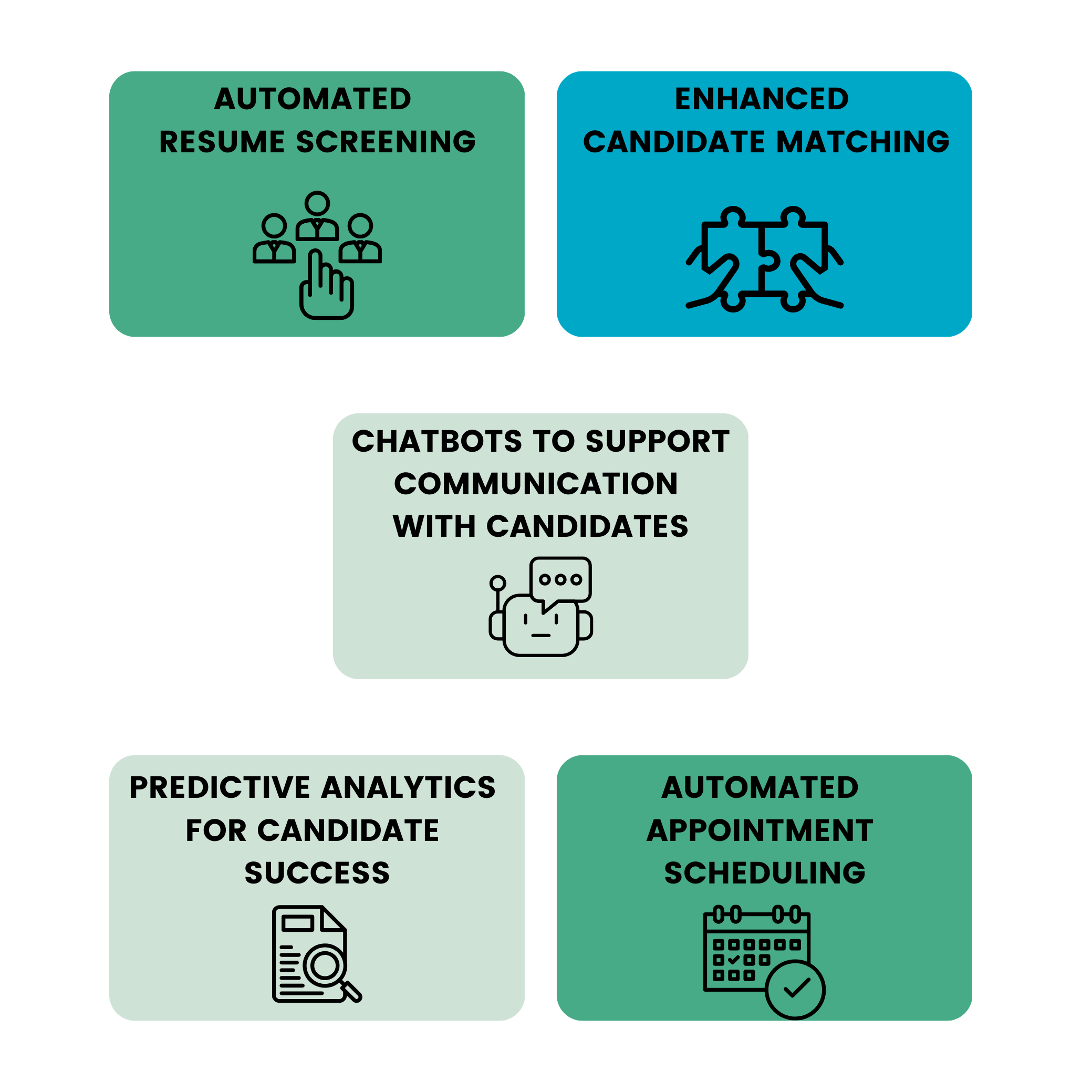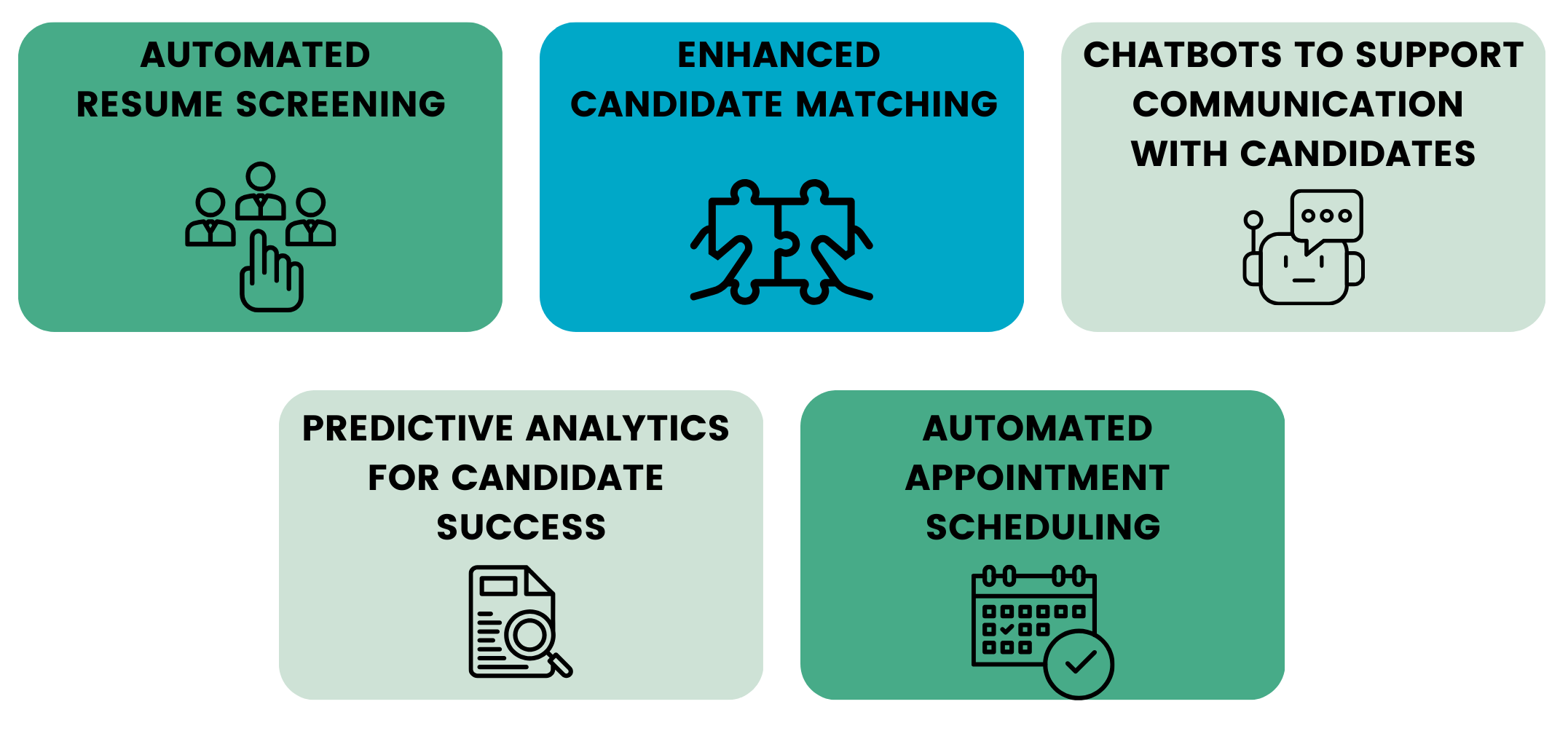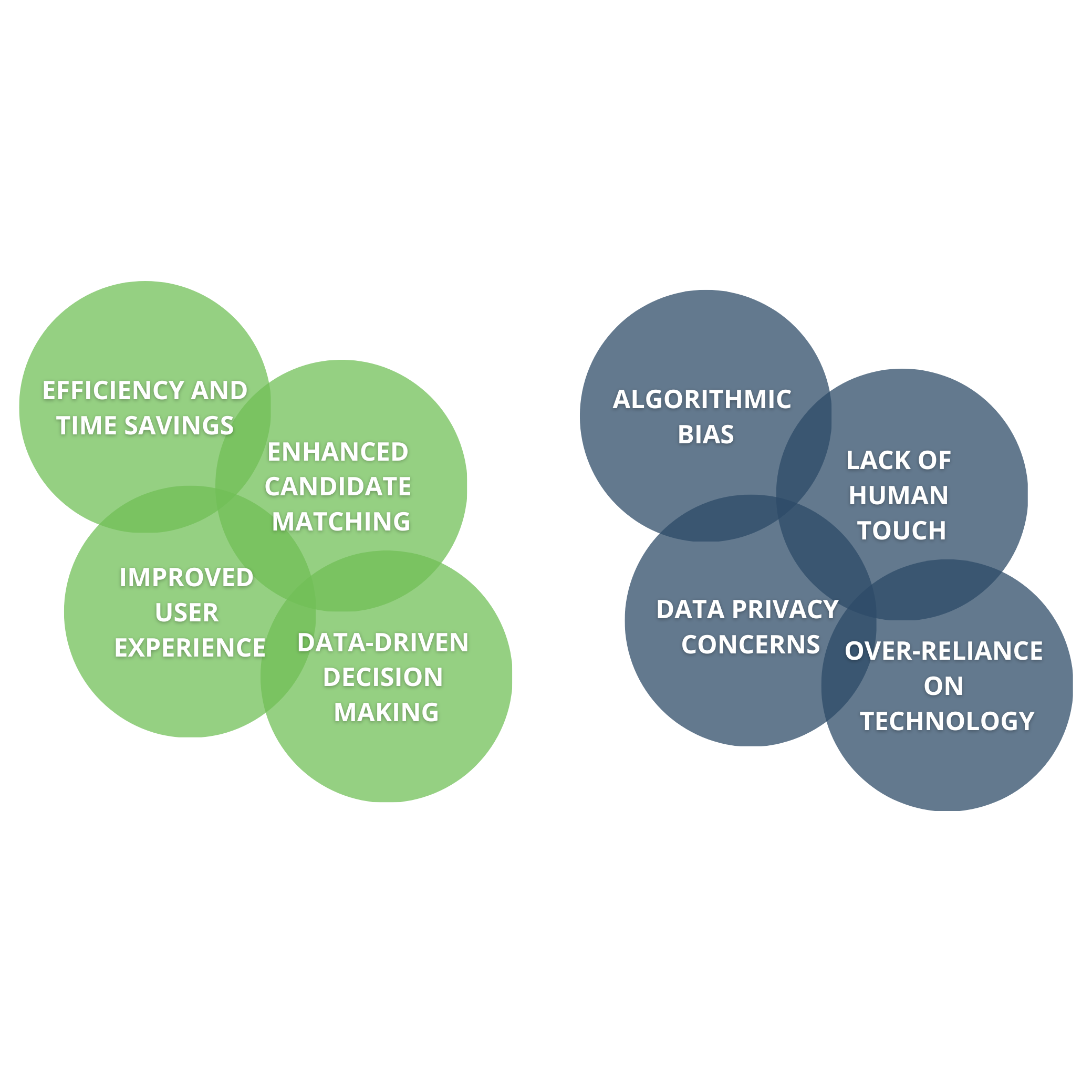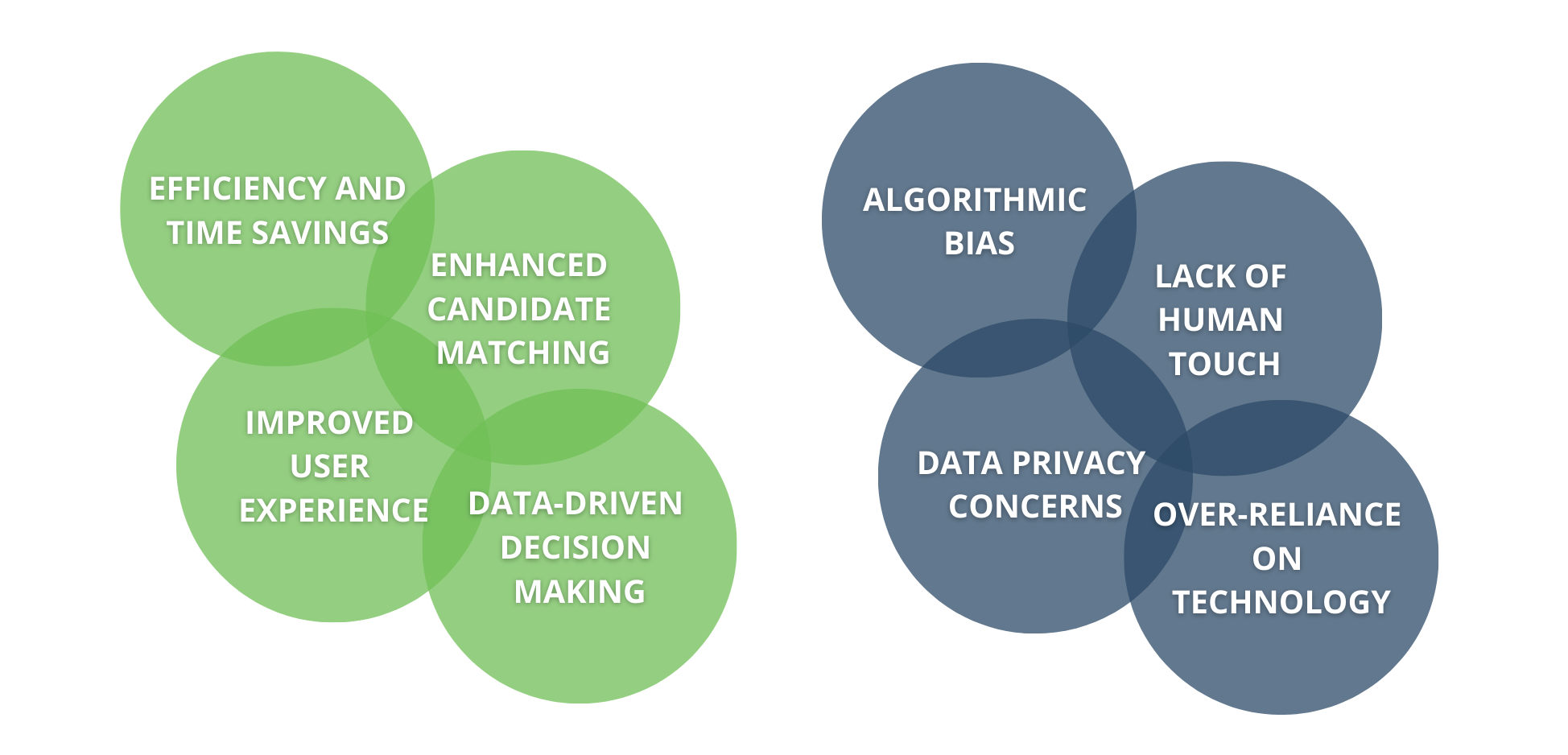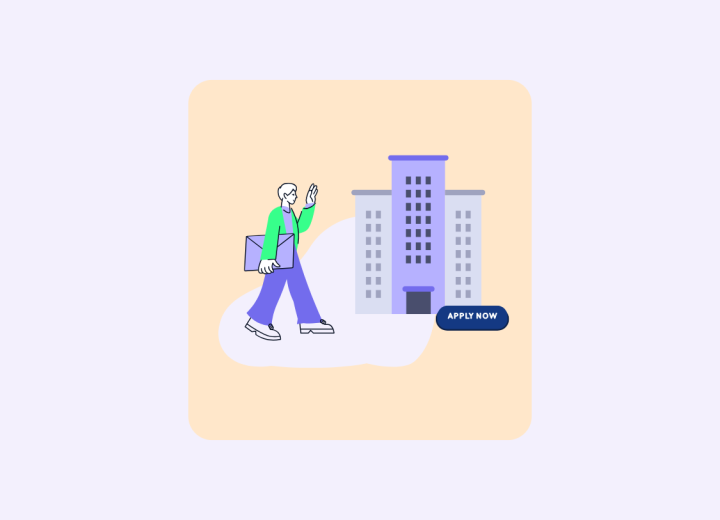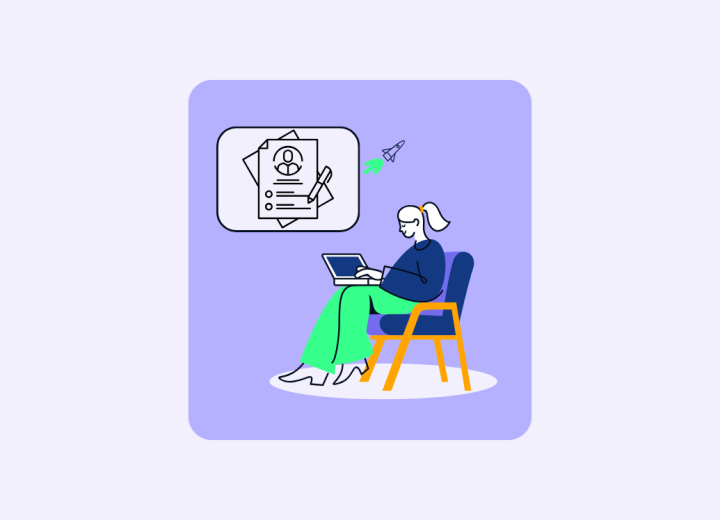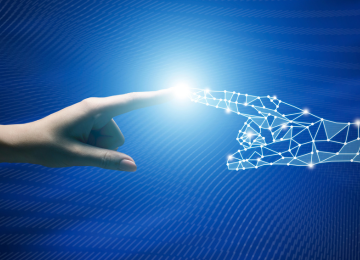In the field of talent acquisition, the integration of Artificial Intelligence (AI) into hiring processes has become an interesting option that is transforming traditional recruitment methods. As technology continues to advance, organizations are increasingly turning to AI to optimize and enhance their recruiting processes, driving digital progress.
The role of AI in recruitment has expanded beyond the routine tasks of screening resumes and now permeates various stages of the recruitment funnel. From automated resume parsing to predictive analytics for candidate success, AI is not only revolutionizing how companies identify and engage with potential hires, but also challenging established norms in talent acquisition.
